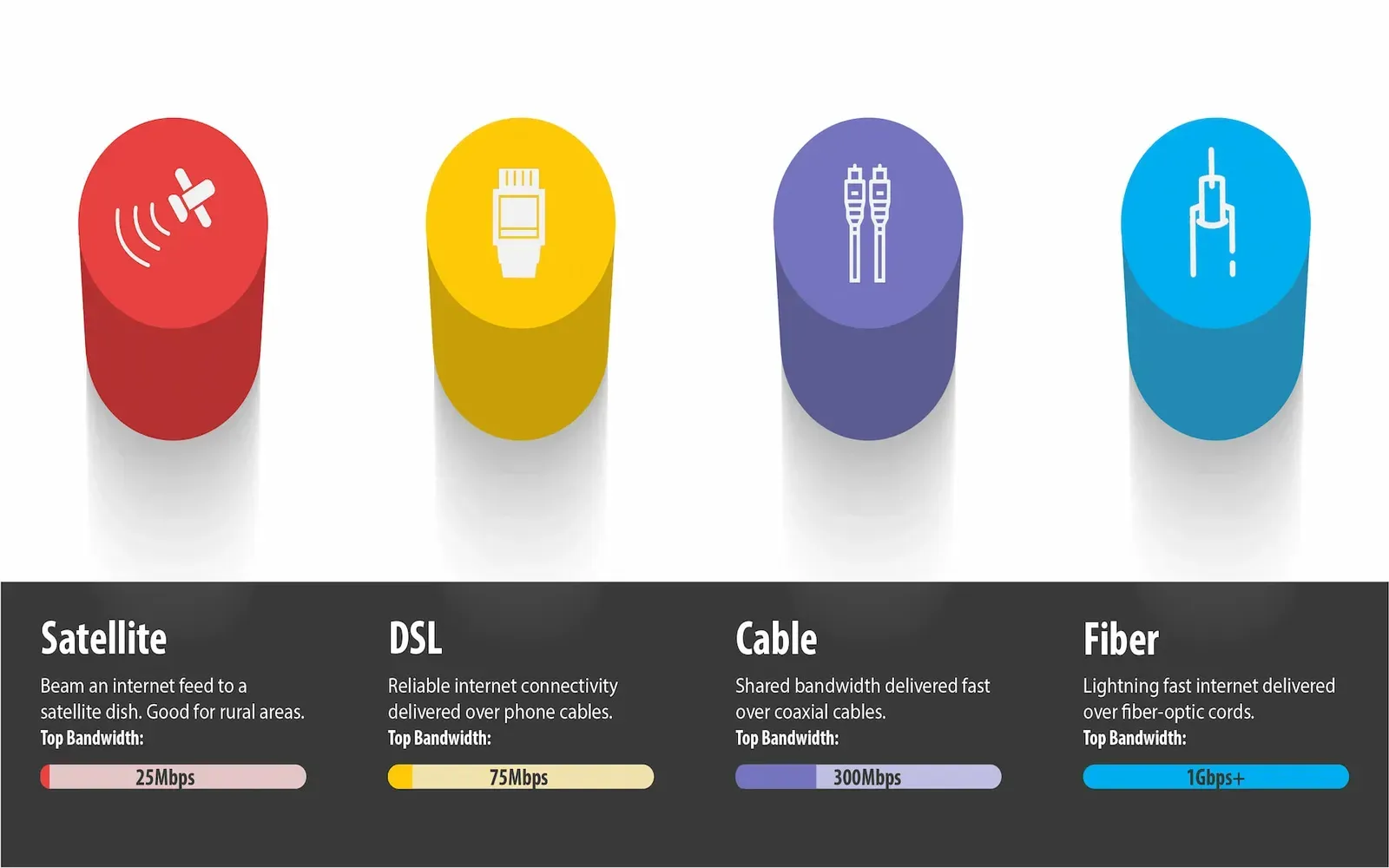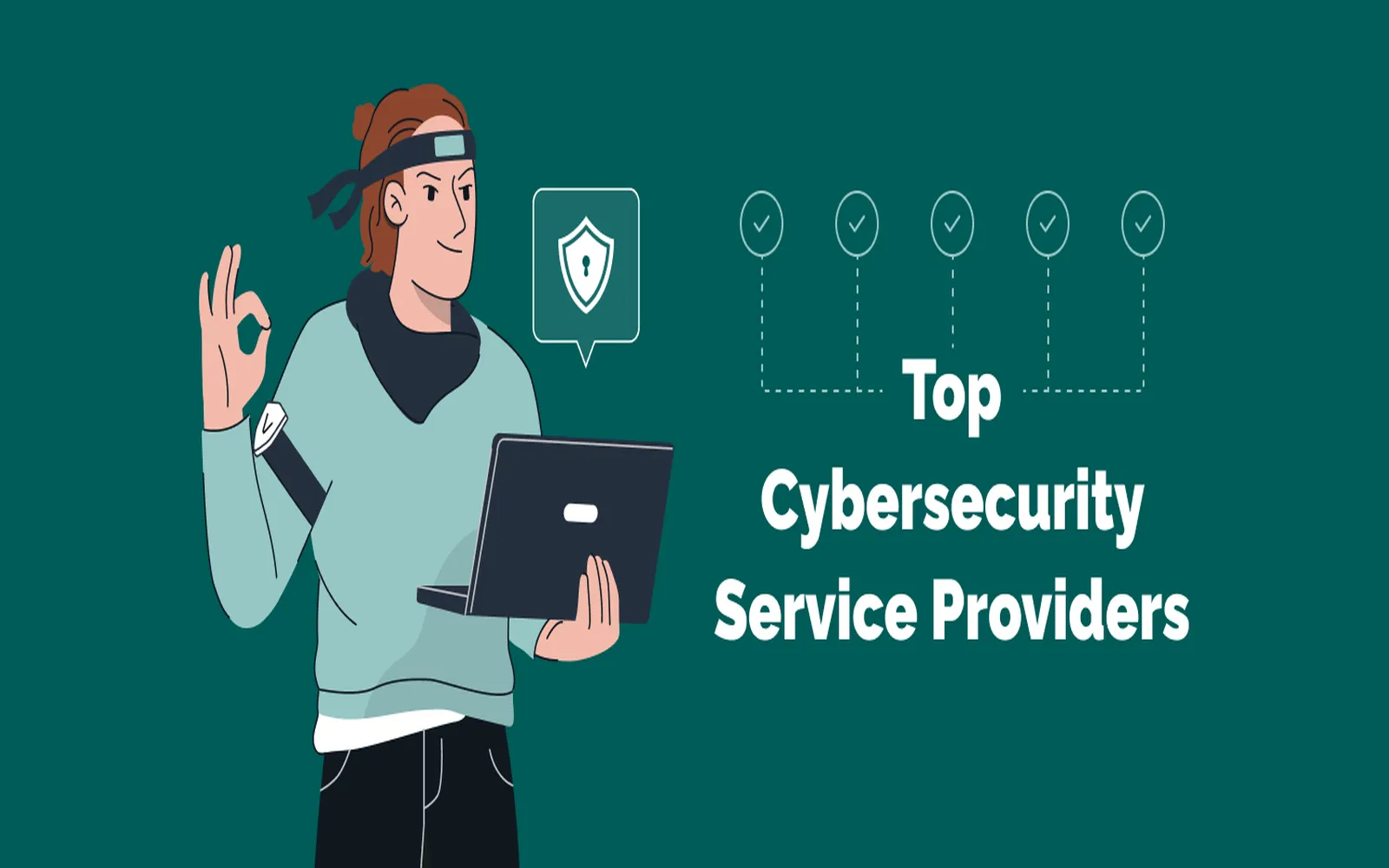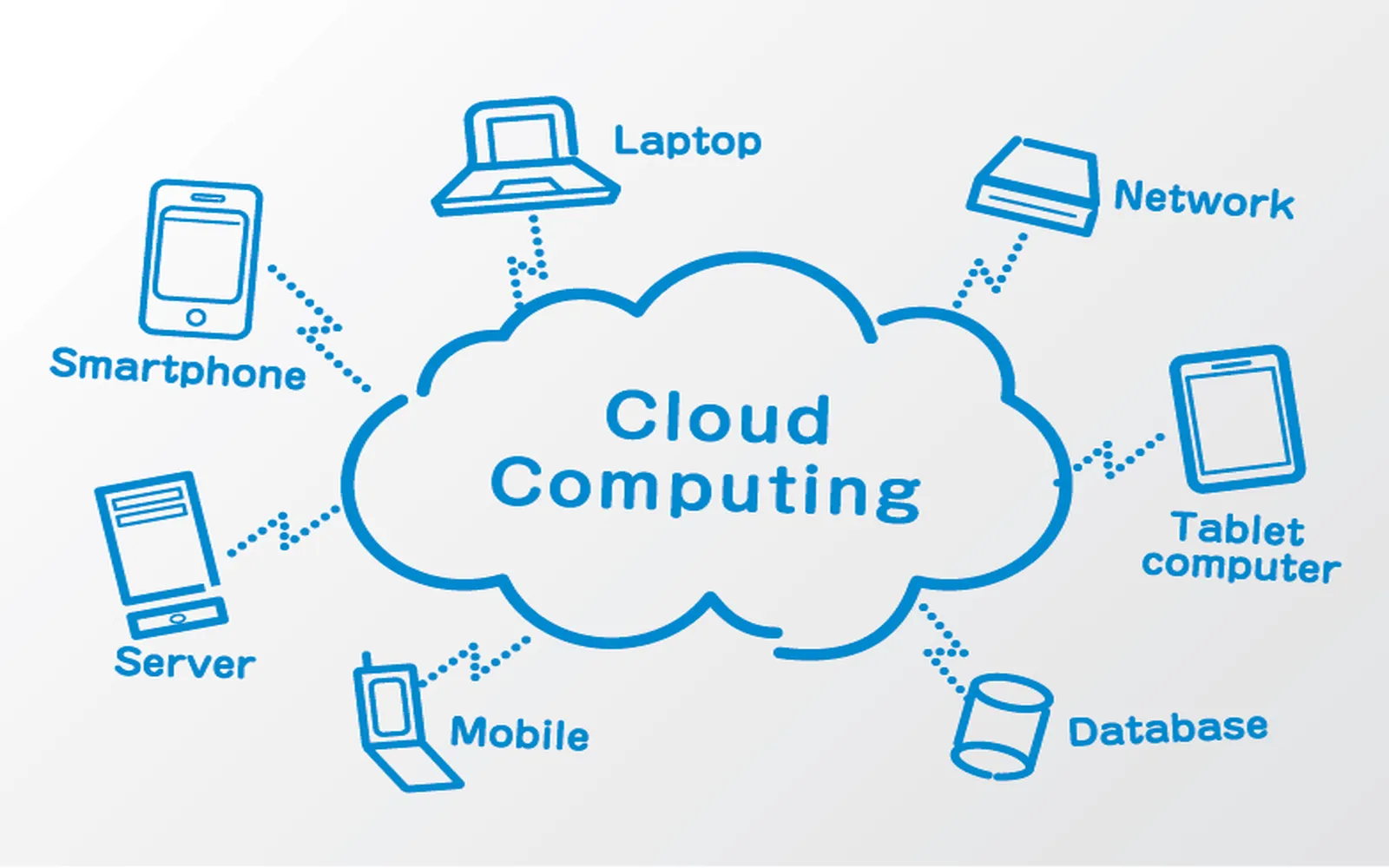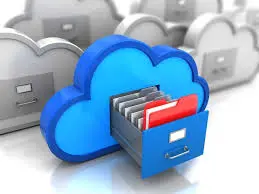When it comes to choosing the best cloud providers for scalable business solutions, organizations in the United States have a wealth of options. The right provider can offer the flexibility, reliability, and performance needed to support growth and innovation. To help you make an informed decision, we've compiled a list of some of the leading cloud service providers along with their key features and benefits.
1. Amazon Web Services (AWS)
Amazon Web Services is often regarded as the market leader in cloud computing. With a vast array of services ranging from computing power to storage solutions, AWS is designed to cater to businesses of all sizes. Its core offerings include Elastic Compute Cloud (EC2) for scalable computing and Simple Storage Service (S3) for reliable storage.
AWS provides a pay-as-you-go pricing model, allowing businesses to only pay for the resources they use. This makes it particularly appealing for startups and enterprises looking to scale efficiently. Additionally, with a global network of data centers, AWS ensures low latency and high availability for users across the United States.
2. Microsoft Azure
Microsoft Azure is another top contender in the cloud services space, particularly for organizations that rely heavily on Microsoft products. Azure integrates seamlessly with Windows Server, Active Directory, and SQL Server, making it a convenient choice for businesses already using Microsoft technologies.
Azure offers a broad range of services including machine learning, analytics, and IoT capabilities. Its hybrid cloud solutions allow businesses to combine on-premises infrastructure with cloud resources, providing the flexibility needed for scalable operations. Microsoft also emphasizes security, ensuring that data is protected through advanced security protocols.
3. Google Cloud Platform (GCP)
Google Cloud Platform is known for its powerful data analytics and machine learning capabilities. GCP provides services like BigQuery for big data analytics and TensorFlow for developing machine learning models. Businesses looking for robust data processing solutions often turn to GCP for its superior performance.
With its user-friendly interface and competitive pricing, Google Cloud is particularly attractive for tech startups and enterprises focused on innovation. GCP also offers a variety of services that facilitate easy scaling, including Kubernetes for container orchestration and Cloud Functions for serverless computing.
4. IBM Cloud
IBM Cloud focuses on enterprise-level solutions, providing a mix of Platform as a Service (PaaS) and Infrastructure as a Service (IaaS). Its robust offerings include virtual servers, storage options, and comprehensive AI and machine learning services through Watson.
IBM Cloud is particularly well-suited for businesses that require compliance with stringent regulations, such as those in finance and healthcare. Its strong focus on security and data privacy ensures that sensitive information is protected, making it a preferred choice for organizations with high compliance needs.
5. Oracle Cloud
Oracle Cloud stands out for its database-as-a-service offerings, which are ideal for businesses that need high-performance databases. With services like Oracle Autonomous Database, organizations can automate database management tasks, allowing teams to focus on innovation rather than maintenance.
Oracle Cloud also supports a variety of enterprise applications, making it suitable for large organizations seeking to consolidate their IT infrastructure. Its strong emphasis on data security and compliance further enhances its appeal to industries such as finance and healthcare.
Comparison Chart of Top Cloud Providers
| Cloud Provider | Main Offerings | Best For | Key Features |
|---|---|---|---|
| AWS | Compute, Storage, Databases | All business sizes | Global network, Pay-as-you-go |
| Microsoft Azure | Hybrid Cloud, AI, Analytics | Microsoft-centric businesses | Integration with Microsoft products, Strong security |
| Google Cloud | Data Analytics, Machine Learning | Tech startups, Data-driven businesses | BigQuery, Kubernetes |
| IBM Cloud | AI, Data Security | Enterprise-level solutions | Compliance-focused, Watson services |
| Oracle Cloud | Database Solutions, Enterprise Applications | Large organizations | Autonomous Database, Data security |
Conclusion
Choosing the best cloud provider for your business can significantly impact your ability to scale and innovate. Each of the providers mentioned above has its strengths and is suited for different types of businesses. When selecting a cloud solution, consider your organization's specific needs, the types of services offered, and how well they integrate with your existing systems. By making an informed decision, you can leverage cloud technology to drive growth and success in your organization.









